#Popularity
F-Series Most Popular Vehicle in 18 States
The most popular car for 2021 isn’t a car at all, it’s the Ford F-series pickup. Among the top 10 most popular cars, the Silverado and the Tacoma, both trucks, join the F-150.
QOTD: Unlikely Wallflower?
I took a walk the other night, taking advantage of unseasonably mild temps to enjoy a little exercise and fresh air. One damp, gloomy block after another passed until I saw her. Under a streetlamp, in front of a drab walk-up. Beckoning to me without saying a word.
I stopped in my tracks and stared, mouth slightly agape — not unlike George Costanza in that episode with the producer’s 15-year-old daughter.
“Why aren’t you more popular?” I thought.
QOTD: Would We Still Love Wagons If They Were Popular?
Every so often, my mind starts to wander to various random automotive related topics. Take, for instance, the Chevy SSR. Here’s a car that makes absolutely no human sense: a half-convertible, half-pickup truck with two seats and a cover over the bed to make sure you can’t transport anything larger than a toilet seat.
So GM develops the SSR, and they bring the thing to market, and it just draws universal laughter. I mean, car enthusiasts, the press, random people on the street. They see this thing and its huge fenders, and its ridiculous size, and its substandard interior, and everyone asks: what the hell was General Motors thinking?
And now, guess what? The damn SSR is still averaging more than $25,000 on AutoTrader. The thing is ten years old, and it’s still bringing half its value, whereas a 10-year-old Chevy TrailBlazer is worth approximately the same money as a yard sale copy of Monopoly with a couple of plastic hotels missing.
So I wonder about how this happened. And then also, sometimes, I wonder about station wagons.
Compact SUVs Gain Popularity At Expense Of Midsize, Compact Cars
While compact SUVs are doing well in the showroom, their success comes at the expense of midsize and compact car sales.
Report: US New-Diesel Registrations On The Rise
Diesel hasn’t had the best reputation in the United States since the early 1980s. A new report says this attitude has changed as of late.
Farley: Ford's Global Growth Driven By Crossovers
Though the F-150 rules over Truck Mountain and North America with an aluminium fist, Ford marketing boss Jim Farley told reporters in a meeting that crossovers are driving his employer’s sales growth all over the globe.
Mercedes to U.S. Dealers: Expect Fewer CLAs For Now
Due to high demand from customers jumping aboard the CLA bandwagon, Mercedes-Benz has warned dealers in the United States that supply of the new four-door coupe will be limited for the first half of 2014.
The Manual is Alive and Well in the United Kingdom
In the United States, most vehicles leaving the showroom today come with some form of shifting that involves very little, if any, input from the driver, from the dual-clutch driven Porsche 918 Spyder, to the CVT-powered Nissan Versa Sedan.
In the United Kingdom, however, the manual is still king.
Ford Fusion Rides Coastal Wave To Sales Success
From the neon-drenched beaches of Miami and the hipster enclaves in New York, to the high-tech castles in San Francisco and the studio lots of Hollywood, the Ford Fusion is experiencing a coastal market surge in popularity.



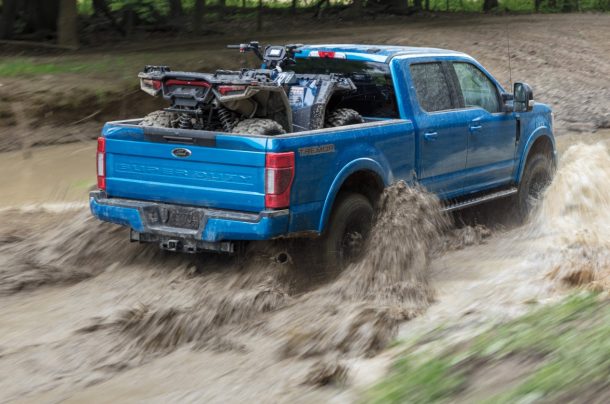
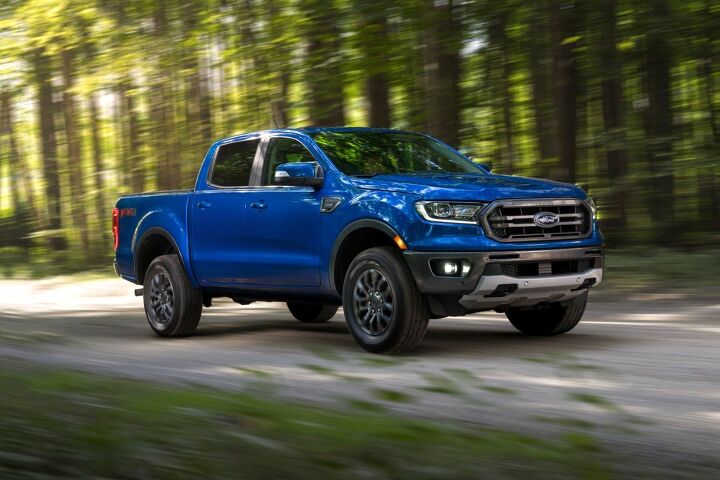
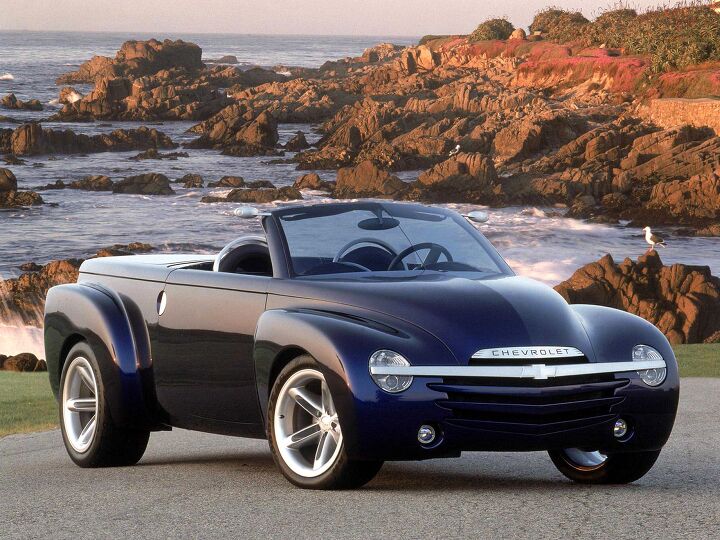

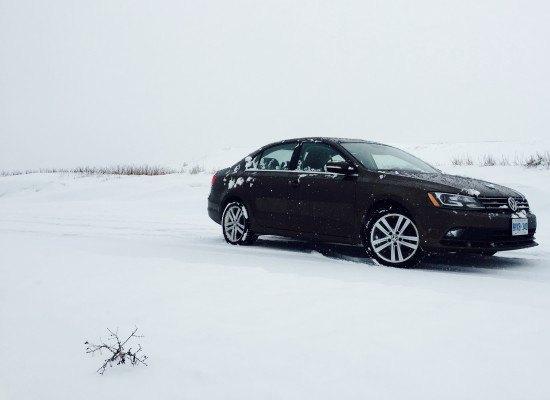

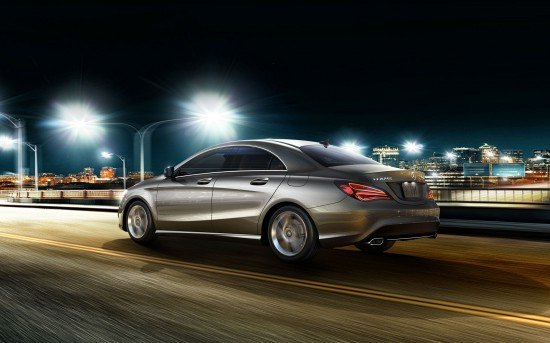
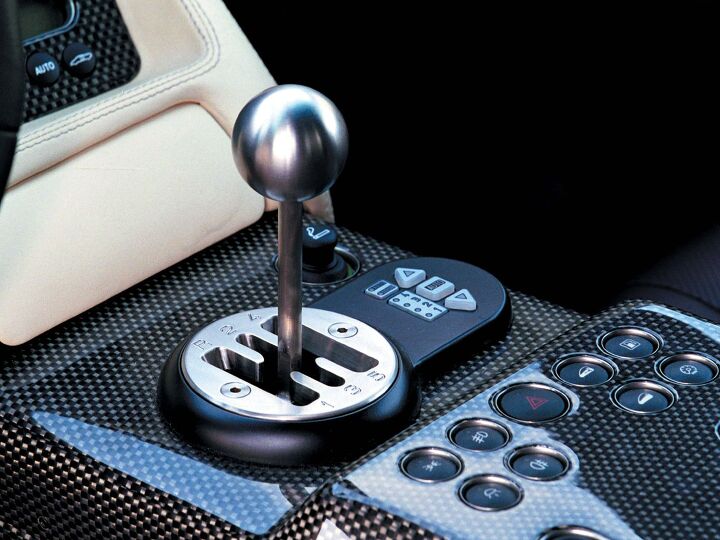
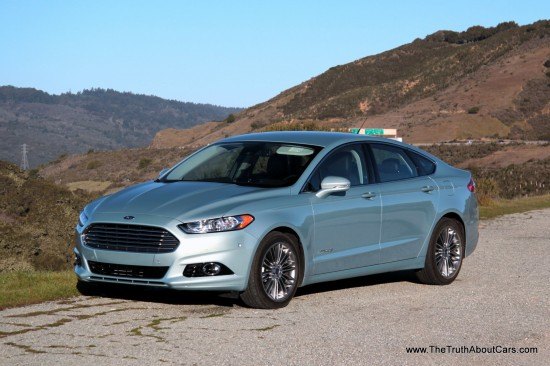












Recent Comments